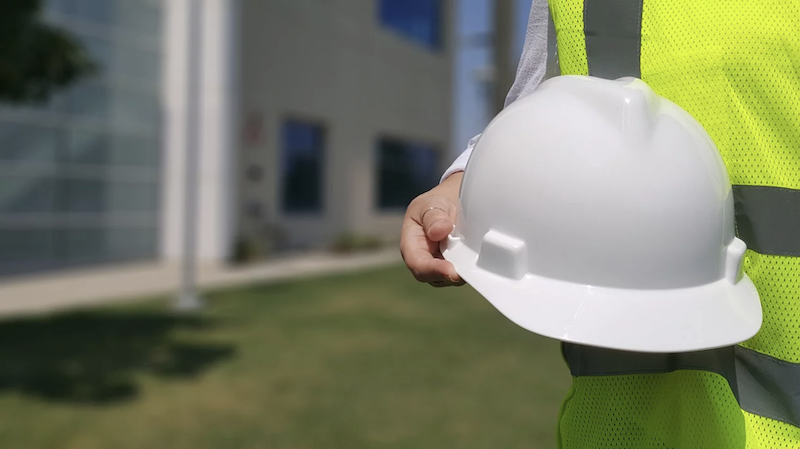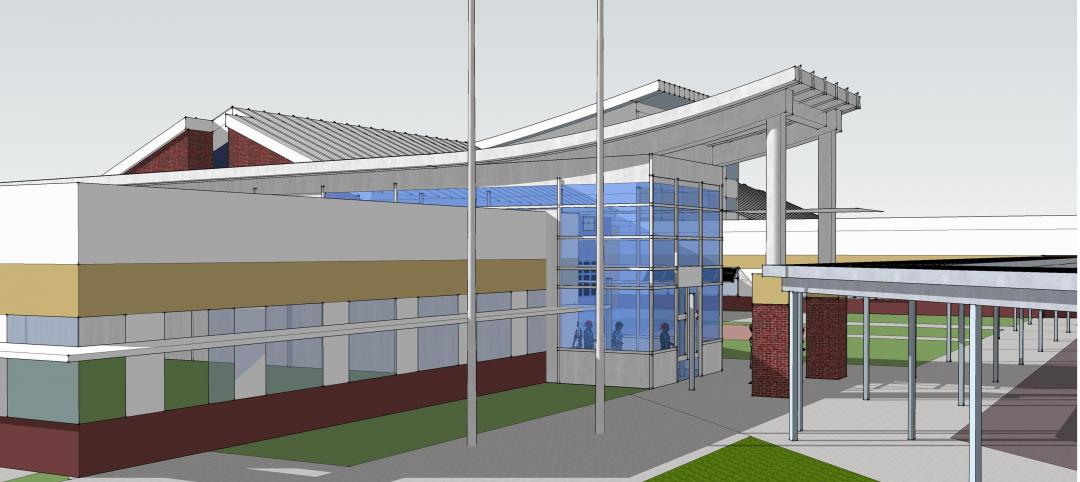During the Covid-19 virus crisis, it is important for contractors to protect themselves from possible legal action by adhering to the provisions of current contracts, lawyers advise.
“The virus and its economic impact will almost alter pre-existing plans for owners, developers, general contractors, subcontractors, and everyone else down the chain,” according to Balch & Bingham LLP. “While many are understanding of these circumstances, there are ways to ensure you are protected going forward.” They advise:
· Review on-going contracts and locate their delay, force majeure, change order, termination, suspension and other relevant provisions.
· Comply with time-sensitive notice requirements. This includes supply agreements and insurance policies. When there is uncertainty over whether to invoke a provision in a document, consider putting the other party on notice to protect your rights.
· Scrupulously document developments. “Proving delays, labor shortages, supply interruption, and other project impacts tomorrow will depend on the evidence being created (or not being created) today.” Simple email or daily notes are acceptable to record the impacts from COVID-19.
· Check your insurance coverage. Business interruption insurance typically includes complex provisions and exclusions.
· Anticipate operational problems. “Administrative tasks might be easily completed from home while supply chains may be severely limited by a reduced and quarantined workforce thousands of miles away.” Anticipate likely problems and try to plan for them.
Related Stories
| May 25, 2012
Study: Safety inspections don’t hurt the bottom line
A new study suggests that random safety inspections by regulators help reduce injury claims without hurting profits.
| May 24, 2012
2012 Reconstruction Awards Entry Form
Download a PDF of the Entry Form at the bottom of this page.
| May 17, 2012
New standard for Structural Insulated Panels under development
ASTM International and NTA, Inc. are developing a new standard for Structural Insulated Panels (SIPs) that would create a path for U.S. manufacturers to meet the requirements of the Canadian building code.
| May 17, 2012
Webinar: ‘What Energy Codes and Standards Are Adopted Where and by Whom’
A June 12 webinar by the Construction Specifications Institute will outline what energy codes and standards have been adopted in each of the states for commercial buildings, and what is anticipated to be adopted in the future.
| May 17, 2012
California Governor orders new green standards on state buildings
California Gov. Jerry Brown issued an executive order recently that calls for all new or renovated state buildings of more than 10,000 sf to achieve LEED Silver or higher and incorporate clean, onsite power generation.
| May 17, 2012
New Zealand stadium roof collapse blamed on snow, construction defects
Heavy snowfall, construction defects, and design problems contributed to the collapse of the Stadium Southland roof in New Zealand in September 2010, a report has found.
| May 17, 2012
OSHA launches fall prevention campaign
The Occupational Safety and Health Administration (OSHA) recently launched an educational campaign to prevent deadly falls in the construction industry.
| May 15, 2012
Suffolk selected for Rosenwald Elementary modernization project
The 314-student station elementary school will undergo extensive modernization.













